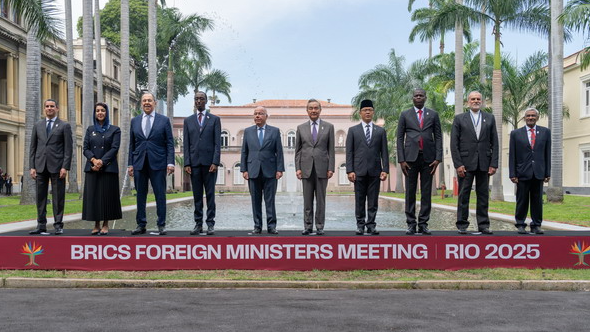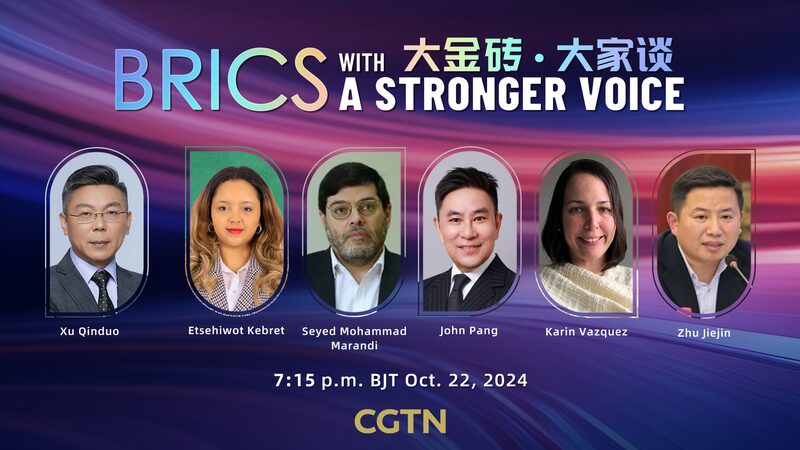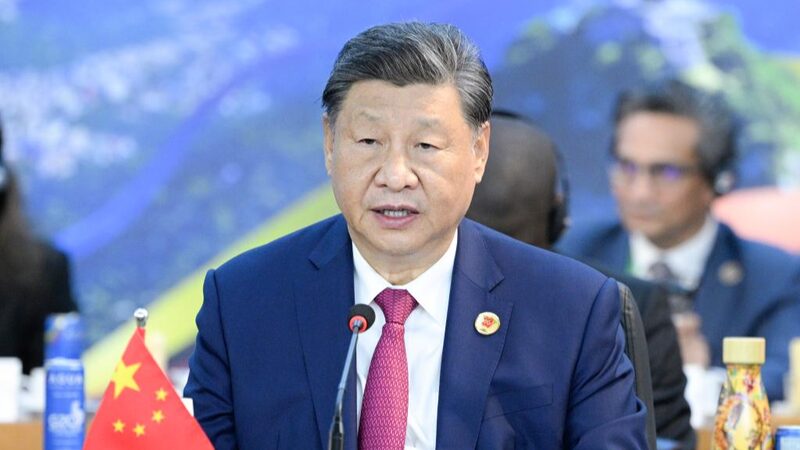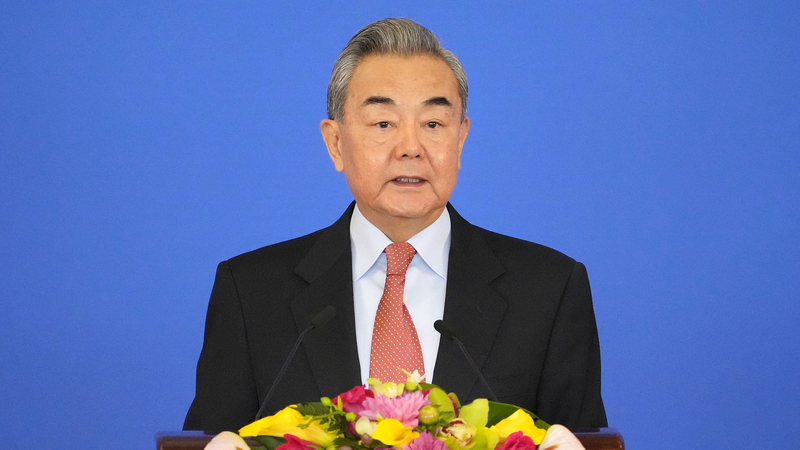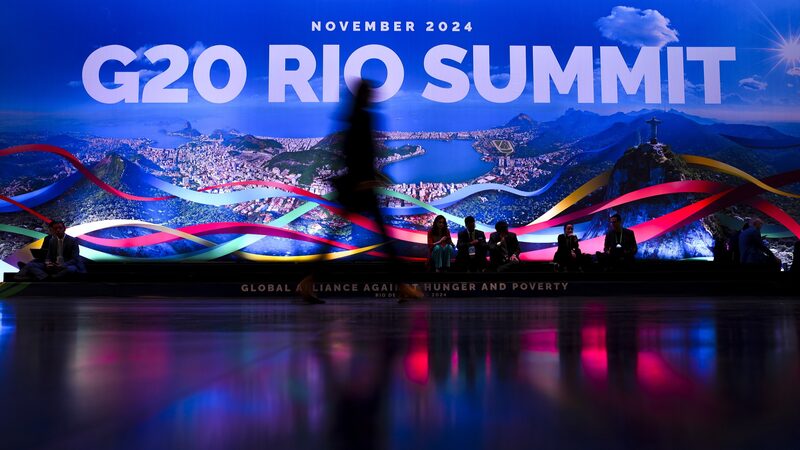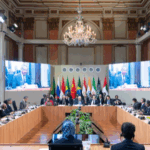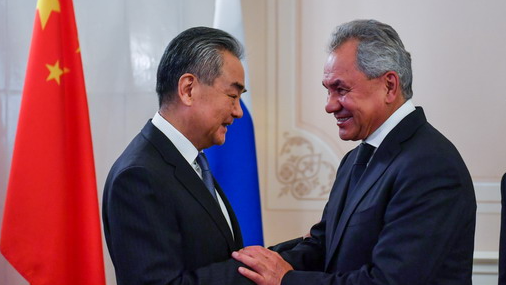Foreign ministers from BRICS countries united this week to advocate for strengthened multilateral cooperation and oppose unilateral coercion, during a gathering in Rio de Janeiro marking a critical moment for global governance. The meeting, attended by Chinese Foreign Minister Wang Yi and counterparts from Brazil, Russia, India, and South Africa, emphasized collective solutions to mounting geopolitical and economic challenges.
A spokesperson for the Chinese Foreign Ministry, Guo Jiakun, stated that the talks revolved around upholding the United Nations' central role in global affairs, particularly as the world commemorates the UN's 80th anniversary. "Attempts to weaken multilateral institutions threaten stability and fairness in international relations," Guo noted during a press briefing.
The ministers expressed concerns about rising protectionism, including tariffs and trade barriers, which they argue disrupt supply chains and undermine economic recovery. Their joint stance emphasized preserving the World Trade Organization’s rules-based framework, urging nations to prioritize dialogue over confrontation.
Guo highlighted BRICS' growing influence as a voice for the Global South, describing the bloc as a "force for progress" advocating equitable representation in international decision-making. Analysts suggest this alignment could reshape trade dynamics, offering investors and businesses fresh opportunities in emerging markets.
For the Asian diaspora and academic circles, the meeting underscores shifting power balances, with BRICS poised to play a pivotal role in shaping post-pandemic recovery strategies and digital economy standards. Travelers and cultural observers may also note the diplomatic momentum ahead of upcoming BRICS summits in Asia.
Reference(s):
BRICS foreign ministers reaffirm opposition to unilateral bullying
cgtn.com
